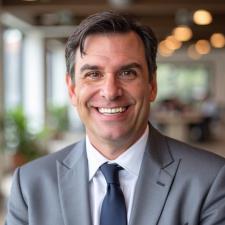States and the federal government can effectively handle civil unrest by protecting constitutional rights, creating institutional channels for participation, and addressing grievances through policy rather than force alone. When people feel ignored or excluded, unrest becomes more likely; when they feel heard, legitimacy increases.
First, governments must protect civil liberties, especially freedom of speech and assembly under the First Amendment.
Allowing peaceful protest signals that dissent is not a threat but a part of democracy. This aligns with Unit 3, Chapter 4 (Civil Liberties and Civil Rights), which emphasizes that protecting rights during conflict strengthens democratic trust.
Second, governments should provide formal avenues for participation, such as public hearings, town halls, citizen review boards, and legislative advocacy channels.
These mechanisms allow individuals to express grievances without resorting to unrest. This connects to Unit 2, Chapter 5 (Political Participation), where participation is shown as essential to responsive government.
Third, federalism allows state and local governments to respond directly to community concerns, while the federal government can step in when rights are being violated or when unrest crosses state lines.
This balance reflects Unit 1, Chapter 3 (Federalism), where shared power enables tailored responses while maintaining national standards.
Finally, governments must pair dialogue with policy action.
Listening without change reinforces invisibility. As argued in Federalist No. 10, managing conflict requires institutional solutions that channel disagreement into governance rather than repression.










